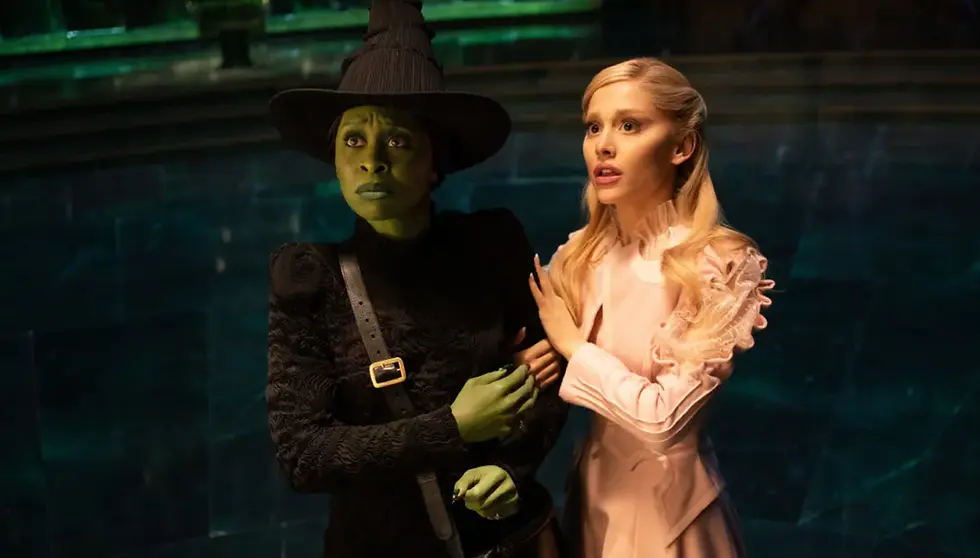An Intervention - Riverside Studios
- comaweng
- May 12, 2022
- 2 min read

This is a play that could have been pacier: the lack of scenery, or anything in the way of set or props aside from some tautly wrapped fabric, means that the dialogue is the only thing left to pay attention to. A remote control is grabbed hold of at one point, for example, without there actually being one visibly on stage: no matter, as the script says there’s a remote control “on the floor”. So, everybody knows it’s there, and that’s that. It’s quite refreshing to see a production that puts its faith in the play’s words.
A (Rachel De Fontes) calls B (Ed McVey) a “prick”, which unsurprisingly doesn’t go down well. I’m sure nobody really needs reminding how much the world has changed in the last few years – this play, which premiered in 2014, already feels like a period piece. Perhaps it’s the various references to television news – I don’t know about you, but I consume very little, if any, news via television these days. That A and B seldom manage to get hold of one another on the telephone is used as a narrative device for the characters to discuss matters between themselves that the audience would not otherwise have been privy to. And if that isn’t enough, there are some lengthy asides to the audience thrown in for added context. It’s not exactly difficult to follow.
It is, however, a broad play in terms of themes and content. More seasoned theatregoers would be forgiven for thinking, given the youthful cast, that this is a production that seeks to tick various boxes. Conflict, tick; dramatic tension, tick; critical incidents that change the course of each character substantially and irreversibly, tick. When A refers to ‘it’ probably going to be over sooner rather than later, B isn’t quite sure whether ‘it’ means a war overseas or a personal relationship. It was at such moments that I wished the show were subtler, allowing the audience to work out ambiguities for itself.
And then there’s “honorificabilitudinitatibus”, from Shakespeare’s Love’s Labour’s Lost (Act V Scene I, line 43 – not something, for the record, I knew from memory), which is crowbarred into the dialogue: both actors do well with it, and it was mildly amusing to me to witness De Fontes slightly (and very momentarily) stumble over much simpler words later on at the performance I attended, having navigated “honorificabilitudinitatibus” quite perfectly. What that word means is never explained in the show – B begins to tell A, and thus the audience, but is interrupted, with A insisting it is neither here nor there.
Interruptions, mind you, are central to the snappiness of the dialogue, which is largely naturalistic, though the divisions between A and B are political as well as personal. However vitriolic things get, the final scene asserts that even the widest of differences between people can be overcome. The rather sardonic sense of humour throughout means the ending is hopeful without being saccharine, but however strong the actors are, there’s no getting away from quite how contrived the play itself is. Still, there’s some food for thought in this production, particularly in these still unsettled and unsettling times.
Three stars




Comments